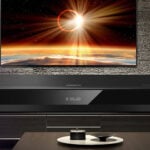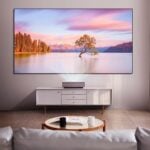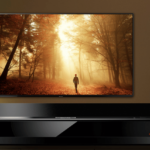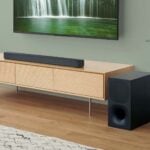Jeremy Schulz
Auditioning
- Joined
- Oct 7, 2002
- Messages
- 13
I have been looking at kits and designs and some claim that they are good for "music" listening but not for home theater situations. I know that some designs can't be converted into center channels but is that all?





